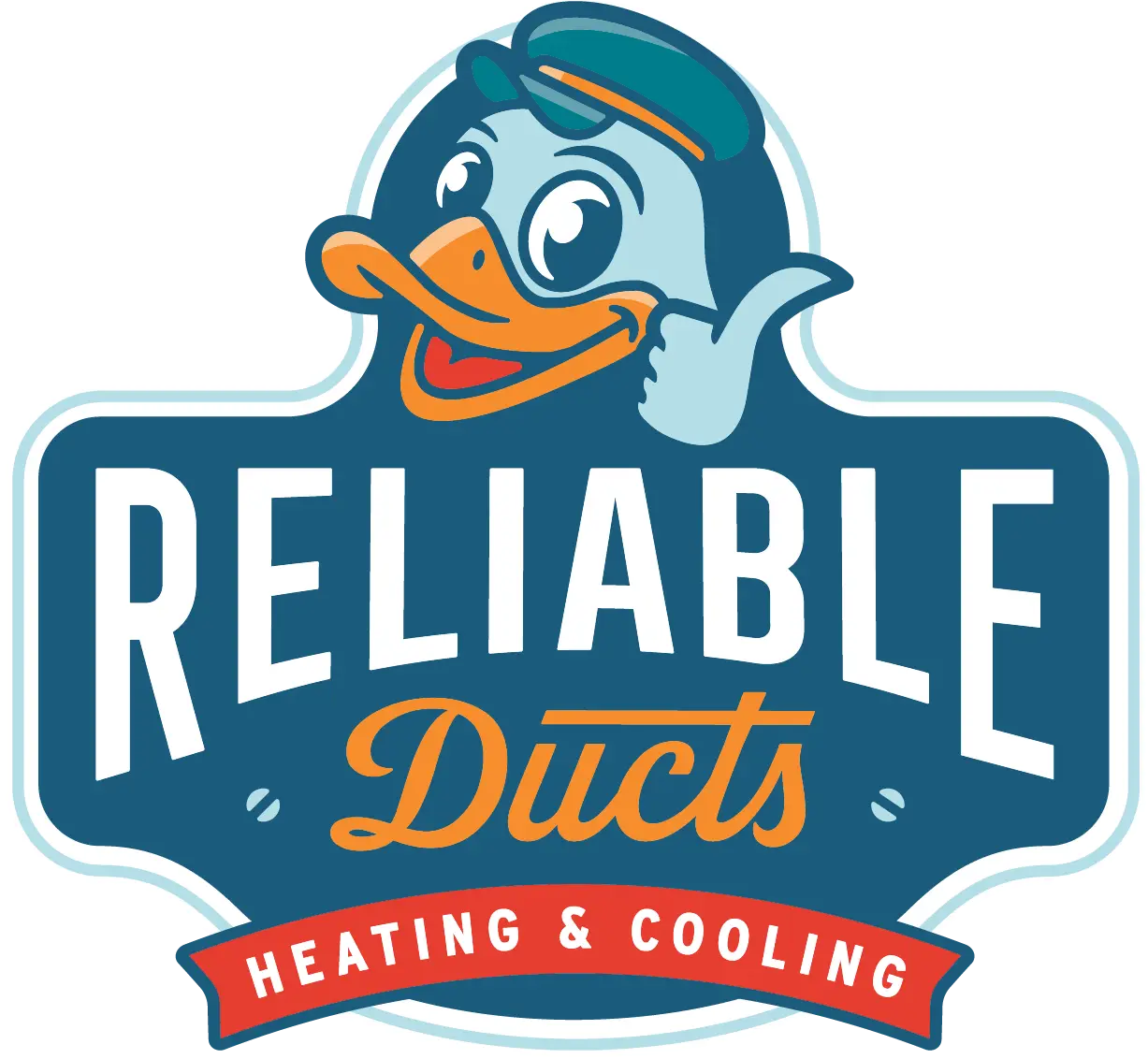[vc_row][vc_column][vc_column_text]Heating, ventilation, and air conditioning (HVAC) systems are essential for comfort in homes and businesses around the world. Traditionally, these systems have been targets of environmental concerns due to their high energy use and refrigerant emissions. However, advancements in technology and increased awareness of environmental issues have led to innovative changes. Today’s HVAC systems are designed to minimize environmental impact and contribute positively to energy sustainability.
- Enhanced Energy Efficiency:
Modern HVAC systems are significantly more energy-efficient than their predecessors. Advances in technology, such as variable-speed fans and smart thermostats, allow HVAC systems to use only the amount of energy necessary to maintain comfort, rather than running at full capacity continuously. This efficiency reduces the overall energy consumption of buildings, which is crucial since the HVAC systems can account for nearly half of a home’s energy use.
- Use of Eco-Friendly Refrigerants:
Historically, HVAC systems used refrigerants that were potent greenhouse gasses. The shift to more eco-friendly refrigerants, which have lower global warming potentials (GWPs), marks a significant step in reducing the environmental impact of air conditioning and refrigeration. Companies are increasingly adopting refrigerants like R-32 or R-290, which offer a lower environmental risk compared to older substances like R-22, which is being phased out under international environmental agreements.
- Improvement in Air Quality:
HVAC systems play a crucial role in maintaining indoor air quality by filtering out pollutants and allergens. Advanced filtration technologies integrated into newer HVAC models capture and remove a higher percentage of airborne contaminants, which not only benefits the occupants’ health but also helps reduce the prevalence of diseases and respiratory issues that can burden public health systems.
- Solar-Powered HVAC Systems:
Solar energy represents one of the cleanest energy sources, and it’s now being used to power HVAC systems. Solar-powered HVAC systems reduce reliance on fossil fuels and decrease carbon footprints, making them an excellent option for eco-conscious consumers. These systems convert solar energy into power for heating and cooling, offering a sustainable solution that also leads to significant savings on energy bills.
- Smart Systems and IoT Integration:
The integration of smart technologies and the Internet of Things (IoT) into HVAC systems has revolutionized how they operate. Smart HVAC systems can learn from behavior patterns and adjust heating and cooling automatically. They can also be controlled remotely via smartphones, enhancing user convenience and ensuring systems are used only when necessary, further reducing unnecessary energy consumption.
- Promotion of Longer System Lifespans:
Modern HVAC systems are not only more efficient but also built to last longer. Longer-lasting systems reduce waste and the environmental impact associated with manufacturing, transporting, and installing new units. Additionally, many manufacturers now focus on making parts easily recyclable, supporting the circular economy.
The positive environmental effects of modern HVAC systems reflect a shift towards more sustainable and responsible heating and cooling solutions. As technology continues to advance, the potential for these systems to support environmental sustainability goals becomes even more significant. Homeowners and businesses alike can contribute to a healthier planet by choosing HVAC solutions that emphasize energy efficiency, reduced emissions, and innovative technology.
[/vc_column_text][/vc_column][/vc_row]



